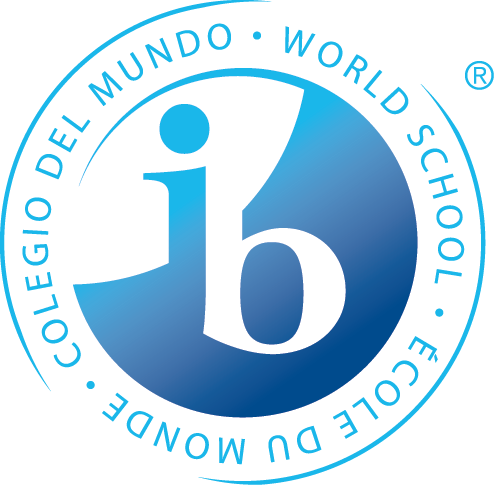'Notre Dame’s International Baccalaureate helps students think globally'
Laura Brestovansky | Special to The Michigan Catholic
 Pontiac — Catholic. The word means “universal,” and one local Catholic school is taking that quite literally.
Pontiac — Catholic. The word means “universal,” and one local Catholic school is taking that quite literally.
Notre Dame Prep and Marist Academy is the only school in the Archdiocese of Detroit to offer an International Baccalaureate (IB) program. Further, it is the only Catholic school in the nation to offer IB from junior kindergarten through 12th grade.
The International Baccalaureate is a not-for-profit, non-governmental educational foundation founded in Switzerland in 1968. It offers four educational programs for students ages 3 to 19: The Primary Years Program (PYP); the Middle Years Program (MYP); the Diploma Program (DP) and the International Baccalaureate Career-related Certificate (IBCC). Currently nearly 1.1 million students in 3,580 schools in 145 countries are enrolled at some level.
Approximately 1,000 of those students attend Notre Dame, which offers three of those programs: for primary years (kindergarten through fifth grade), middle years (sixth through 10th grades) and the Diploma Programme (11th and 12th grade).
Juniors and seniors can choose to formally enroll in the Diploma Program, which is more rigorous than the traditional Notre Dame curriculum, said Kim Anderson, who coordinates the program at Notre Dame. Students can also choose to take individual IB courses.
Each program coordinates six to eight academic subjects and helps students relate them to a global worldview, Anderson said. The IB “learner profile” includes such traits as being “principled,” “reflective” and “caring” as an approach to education.
“I think this all fits in beautifully with our Catholic faith,” said Brenda Kambakhsh, Notre Dame’s middle years coordinator. Kambakhsh has been with the program for seven years and also leads teacher workshops and helps as an evaluator for IB schools. She has seen how the International Baccalaureate has benefited her son, Arian, now a student at the University of Michigan. “It’s very challenging, but they get the confidence to be able to take risks.”
Risk-taking is an important part of each of the IB levels. Each level culminates in a final project intended to help students reflect on what they have learned. For example, she said, primary years students might create a labyrinth showing that while life is complex and has many choices, those who persist will come out successful. Middle years students also create and present a personal project.
Diploma students complete a 4,000-word extended essay — “a mini-thesis” — on a topic of their choice deemed to be of global significance and using at least two of the six academic subjects. Students have written on subjects as varied as cancer, to soil properties in wine making, to symbolism in Victorian poetry, Kambakhsh said. The essays are sent to IB officials rather than graded at Notre Dame, making the project a real chance to “think globally.”
In addition to the focus on world cultures, IB programs also emphasize creativity, action and service. Students are encouraged to take part in a variety of service projects, in addition to Notre Dame’s regular community service requirements.
“One of the things is the big push in engaging students in service,” Kambakhsh said. “How do you reach out into your community?”
Anderson agreed that IB is well-suited to the Catholic faith: “Students question things more. They’re not just sitting in a course. They are seeing things globally,” Anderson said. For example, students might interact with IB students in Australia, read a book and share their opinions about it with students on the other side of the world.
Diploma Program coordinator Katrina Sagert said the curriculum forces students to consider not only the present, but the changing nature of the world as well.
“One of the challenges of teaching is that we’re supposed to be preparing students for the future and we don’t know what that future is going to be like,” Sagert said. “IB really focuses on the real world, transferring what we learn in the classroom.”
All IB teachers and coordinators train through workshops, regional conferences and online courses. Each of Notre Dame’s coordinators said they see the difference IB has made in their student’s lives, even in the youngest ones.
“I think it has created better critical thinkers,” said Emily Giacona, Notre Dame’s primary years coordinator. “They are more active learners and risk-takers. They are challenged to collaborate with each other, even in the younger grades.”
Brenda Kambakhsh agrees: “Having been a coordinator for seven years, I’ve seen a big shift in how we see the world outside. The IB framework gives a whole international perspective that we need to be teaching.
“Here the students are being given the tools they will need. We don’t know what the world will be like for them, but we know they will be able to succeed in it.”
